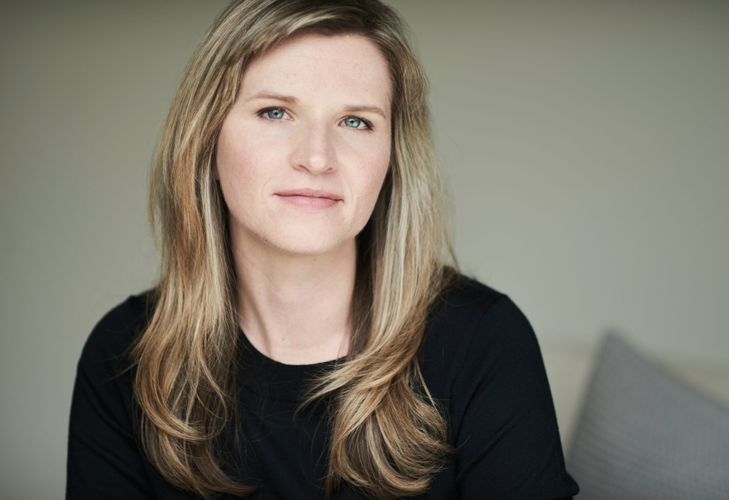
“What has come between me and my father is more than time or distance,” Tara Westover writes in her new memoir. “It is a change in the self. I am not the child my father raised, but he is the father who raised her.” Educated joins the ranks of fearless modern-day accounts of abuse and adversity, including Cheryl Strayed’s Wild and Jeannette Walls’ The Glass Castle. Westover recounts her often-disturbing upbringing in a story that is fascinating, shocking, heartbreaking, maddening and quietly triumphant.
Born in 1986, Westover is the last of seven children born to fundamentalist Mormons in a rural Idaho community. Her father is a survivalist prone to protracted manic diatribes followed by periods of debilitating depression. Gene Westover’s increasing paranoia — especially after the tragic events of the infamous Ruby Ridge standoff in 1992 — inflicts permanent emotional scars on his children. Westover’s mother, Faye, is an herbalist and midwife whose loyalty and deference to her husband prove inviolate, even at the expense of her children’s well-being.

Born at home, Westover is never immunized nor taken to see a doctor. She has no birth certificate and has never attended public school. When her mother’s half-hearted attempts at homeschooling cease, Westover spends her days scrapping metal in her father’s junkyard and watching him, “a charismatic gale of a man,” stockpile food and guns, rant about socialists and the Illuminati and formulate grand plans for taking the family completely off the grid. “I had grown up preparing for the Days of Abomination,” Westover writes, “watching for the sun to darken, for the moon to drip as if with blood. I spent my summers bottling peaches and my winters rotating supplies. When the World of Men failed, my family would continue on, unaffected.”
Westover is taught that the only proper ambition for a virtuous woman is to be a wife and mother. Modest dress and subservience to men are rigidly and sometimes viciously enforced. When her brother Shawn — previously her ally and protector — begins to demean and abuse her, Westover rationalizes that he is calling her “slut” and “whore,” putting her head in the toilet and nearly breaking her wrist because he cares about her welfare.
When another brother, Tyler, courageously leaves the family compound to go to college, Westover is shocked, and fears he will be brainwashed by his professors. “There’s two kinds of them college professors,” her father likes to say. “Those who know they’re lying, and those who think they’re telling the truth.” But eventually Tyler encourages his sister to leave too: “There’s a world out there, Tara,” he tells her. “And it will look a lot different once Dad is no longer whispering his view of it in your ear.”
Miraculously, Westover does leave home at age 17 — first for Brigham Young University and later for Harvard and Cambridge. Despite a rocky start, she eventually achieves academic success beyond anyone’s expectations. But it’s not so easy to exorcise her father’s voice. Her “betrayal” of the family’s values causes her wrenching pain and shame. The stories of her leave-taking, and of her return again and again to suffer emotional, spiritual and physical abuse at the hands of those who purport to love her, are almost unbearable to read. Even now, she writes, “I believed then — and part of me will always believe — that my father’s words ought to be my own.”
Against all odds and at great cost, Tara Westover emerges from the fundamentalist subculture into which she was born with a hard-earned appreciation of her own abilities and unique insights into her chosen field of concentration: history. With Educated, she claims her own history, bravely and eloquently laying it bare.
For more local book coverage, please visit Chapter16.org, an online publication of Humanities Tennessee.






